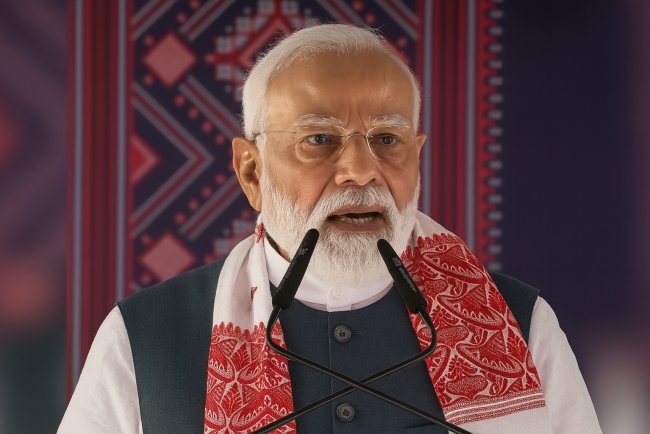According to a news report by Economic Times, India plans a national Carbon Capture, Utilisation, and Storage (CCUS) mission to decarbonize sectors like thermal power, iron, steel, and cement, sources reveal to ET.
The report states that India has started working to formalise a national Carbon Capture, Utilisation, and Storage (CCUS) mission to decarbonise high-emission sectors such as thermal power, iron and steel, and cement. The initiative aligns with the nation's commitment to halving carbon emissions by 2050 and achieving net-zero emissions by 2070.
Incentives for Development of Carbon Capture Technology
Some proposal under this mission includes ensuring of CCUS technology in India and giving incentives to the manufacturer producing equipment of CCUS from software technological and settings.
In her July 2024 budget speech, Finance Minister Nirmala Sitharaman emphasised transitioning "hard-to-abate" industries from energy efficiency targets to emission reduction goals. She also outlined plans to shift these sectors from the Perform, Achieve, and Trade (PAT) scheme to the Indian Carbon Market model. High-level deliberations are underway to operationalize carbon trading markets and incentivize industries adopting low-emission technologies.
During a meeting in July 2024, along with the PM-STIAC members, the key government officials and industry players discussed robust policy formulation for effective Carbon Capture, Utilisation, and Storage (CCUS) in India. They discussed the reports prepared by inter-ministerial technical committees constituted by NITI Aayog’s Advisory Committee on developing a policy framework for implementing CCUS initiatives in India. The meeting also discussed India’s carbon market and carbon credit scheme to reduce emissions, pursue a low-carbon path, and provide market support for mitigation methods and technologies.
Relief for Coal-Based Power
The CCUS mission is likely to take some pressure off coal-based power, as the latter still accounts for 70% of India's energy needs. Even though renewable capacity is growing, coal will still be the source of power for the country, as an additional 85 GW of thermal capacity are planned by 2032. CCUS could help address global pressures to tax polluting energy sources.
Challenges and Industry Support
CCUS technology remains expensive due to the lack of scale. The mission follows over a year of discussions among ministries and the NITI Aayog. Experts, including Atanu Mukherjee of Dastur Energy, advocate for measures like viability gap funding (VGF) and production-linked incentives (PLI) to drive large-scale adoption.
"India can adopt a hybrid investment strategy to fund early-stage CCUS projects, reduce risks for private players, and make these projects viable," Mukherjee said to ET.
Vikram Handa, Managing Director at Epsilon Carbon, added that a national CCUS mission could encourage manufacturers and accelerate emissions reduction efforts.
The International Energy Agency highlights that CCUS involves capturing carbon dioxide from large sources, compressing it, and transporting it for applications or storage in geological formations such as depleted reservoirs or saline aquifers.
With global momentum building around carbon capture, India’s CCUS mission could serve as a pivotal step toward sustainable industrial growth and climate goals.
(Source: Economic Times)


















